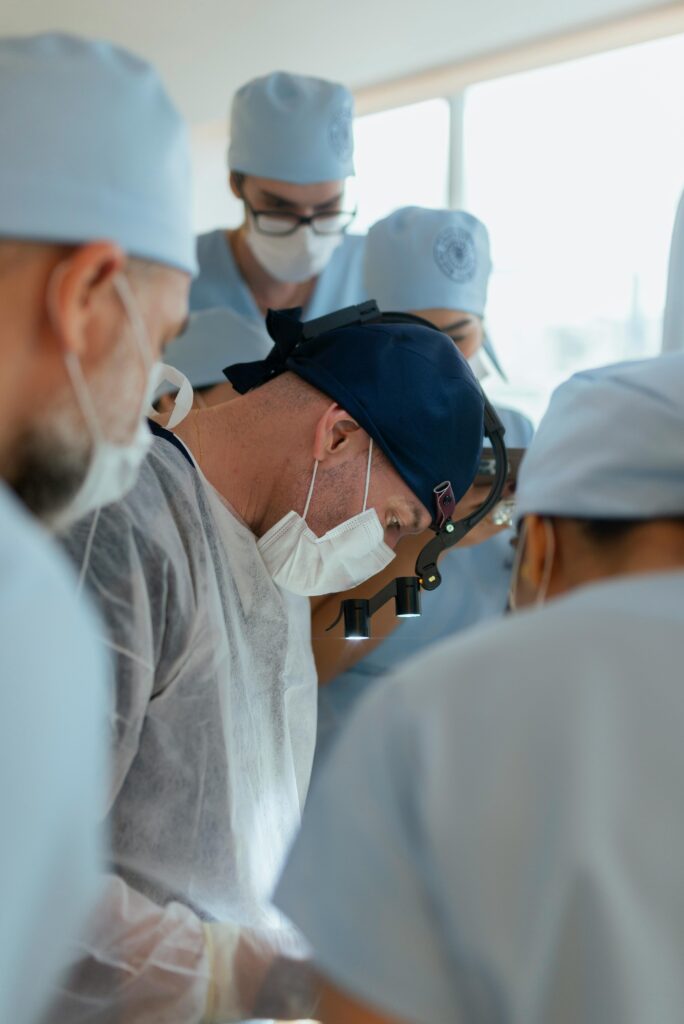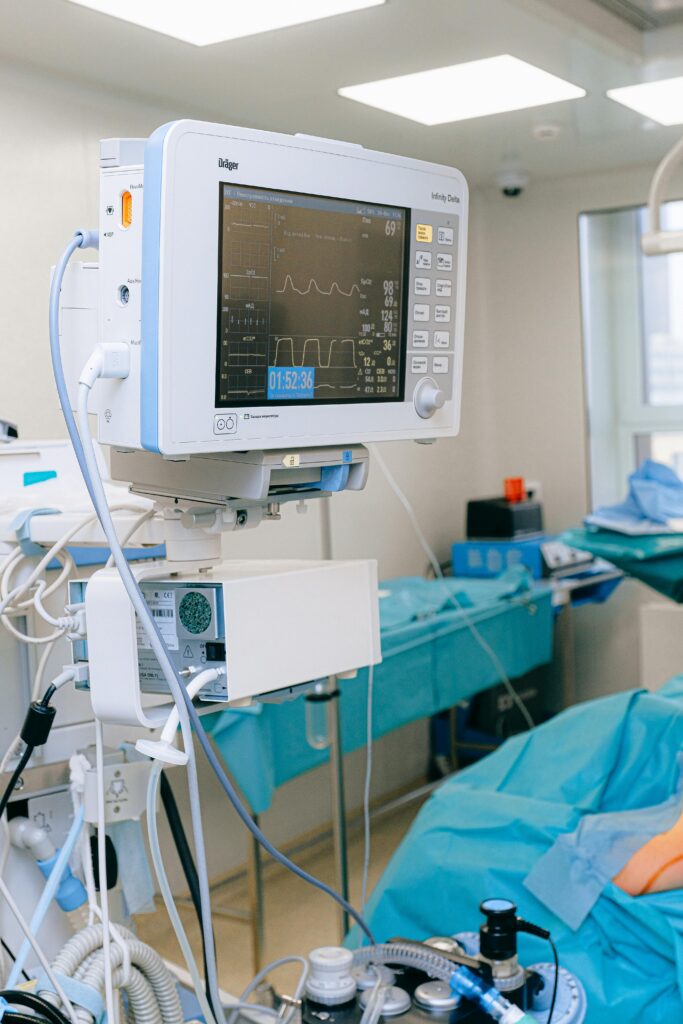
Wisdom Hospital’s Rheumatology Department stands out as a beacon of excellence, providing a wide range of inpatient and outpatient procedures meticulously crafted for individuals grappling with various rheumatologic disorders.
Situated within the realm of internal medicine, rheumatology specializes in the diagnosis, evaluation, and management of conditions impacting joints, soft tissues, and autoimmune manifestations across all age groups.

Embarking on a tailored treatment journey commences with a meticulous physical evaluation. This crucial phase entails a comprehensive review of the patient’s holistic health, encompassing pulse, cardiac rhythm, pulmonary function, and scrutiny for any signs of lymph node enlargement.
Diligent scrutiny of afflicted limbs and joints offers valuable insights into inflammation levels, mobility limitations, and overall functionality. This in-depth clinical evaluation serves as the cornerstone for devising a personalized and impactful treatment strategy.

We are renowned for our unparalleled Rheumatology care in Pune, delivering advanced medical interventions and tailored attention to each patient’s needs. Our steadfast dedication to delivering top-tier healthcare services has propelled our continual expansion, solidifying our reputation as a premier destination for those seeking unparalleled medical expertise combined with empathetic support.
Patients entrust us with their well-being, assured that our Rheumatology facility in Pune is dedicated to pushing the boundaries of treatment through innovative approaches and a patient-centric ethos. Our team’s unwavering pursuit of excellence ensures that every individual receives nothing short of the highest quality of care, fostering a healthier and more fulfilled community.
Rheumatic disorders impact millions globally, affecting muscles, bones, joints, tendons, ligaments, and sometimes organs. While symptoms vary depending on the specific ailment, here are some common indicators to recognize:
Skin eruptions Weight reduction Dryness in ocular and oral regions Raynaud’s phenomenon (digits turning pale or blue in cold conditions) Carpal tunnel syndrome (tingling and numbness in the hand) Should you encounter any of these manifestations persisting for more than a few weeks, seeking medical counsel is imperative for accurate diagnosis and appropriate intervention. Early detection is pivotal in effectively managing rheumatic conditions.
At Wisdom Hospital, our cadre of rheumatologists is committed to delivering holistic care for diverse rheumatic maladies. We provide state-of-the-art diagnostic modalities and tailor-made treatment regimens to aid in managing your condition and enhancing your well-being.
Conducting comprehensive tests and screenings is paramount in identifying the underlying condition and evaluating its severity. This information serves as a cornerstone for formulating an efficient treatment strategy.
Hematological Tests:
Specialized Immunological Assessments:
Imaging Modalities:
These diagnostic evaluations play a pivotal role in elucidating the underlying cause and extent of the condition, laying the groundwork for a personalized and efficacious treatment regimen.
Introduction to Paediatric Rheumatology:
Scope of Paediatric Rheumatology:
Symptoms to Monitor:
Consultation and Treatment:
Energistically reintermediate worldwide interfaces vis-a-vis emerging integrate leadership skills.
All Rights Reserved by Wisdom Hospital Baner
